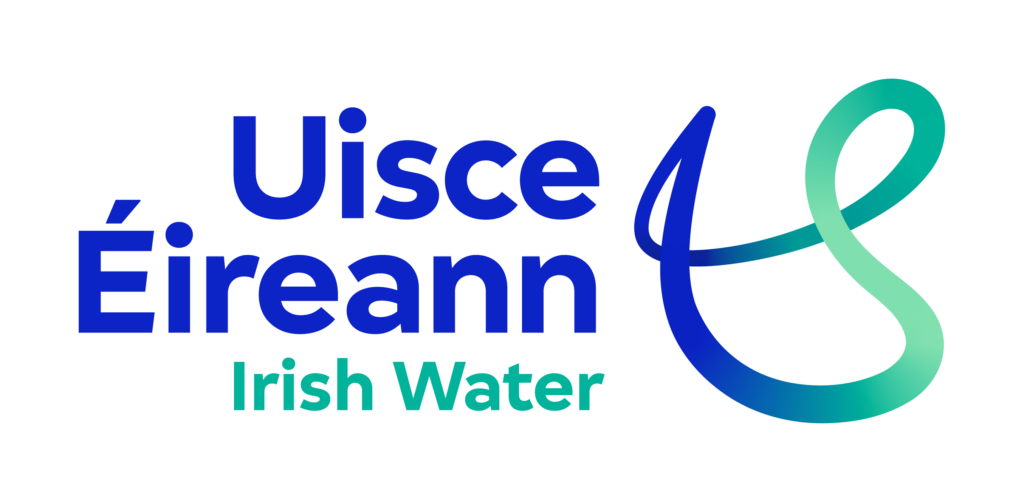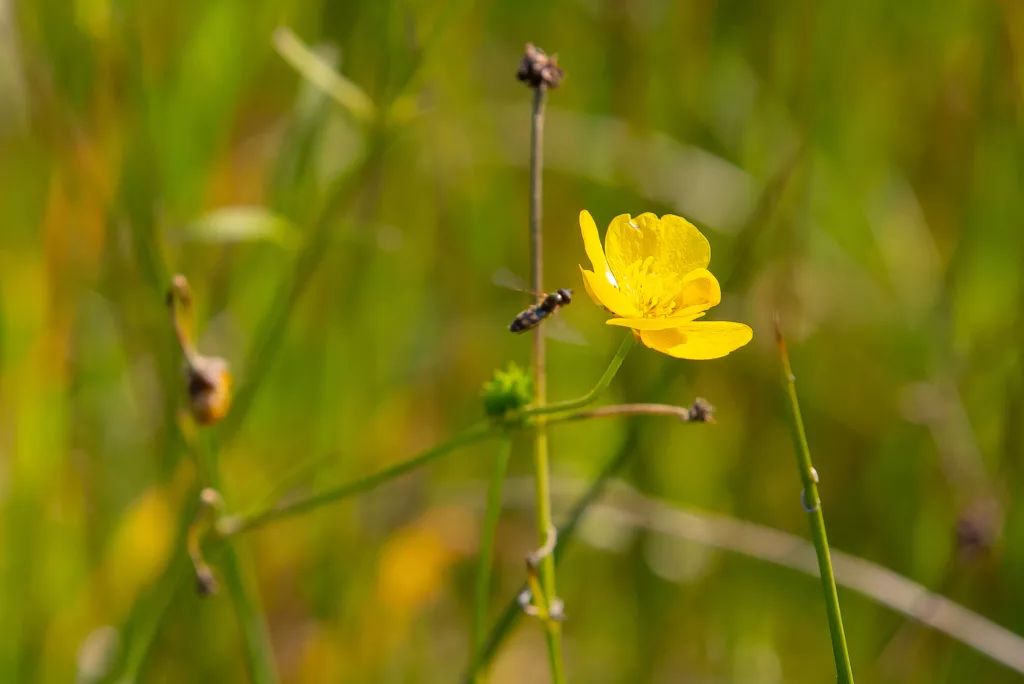8 May 2023
By Tom Collins
tom@TheCork.ie
Three exceedance for pesticides were detected in the public drinking water supplies in Carrignavar, Mogeely and Glanmire in 2022. These exceedances were detected as part of Uisce Éireann’s public water supply monitoring programme. MCPA is still the most commonly detected pesticide in drinking water sources and is present in many commonly used herbicide products used to control thistles, docks and rushes.
There was an increase from one to three in the number of supplies with detections of pesticides which exceeded the Regulatory limit in County Cork last year, according to Uisce Éireann. In 2021 the utility detected one exceedance for Triclopyr on the Glanmire supply as part of its ongoing monitoring, however, there were detections for Glyphosate on the Mogeely and Carrignavar supplies in 2022 and one detection of Fluroxypyr on the Glanmire supply in 2022 .
The Glanmire water supply abstracts raw water from the Butlerstown River Tributaries, Mogeely water supply is abstracted from the Kiltha river and Carrignavar water supply is abstacted from Knockaneag and Parkview abstractions, all of which are vulnerable to runoff from land. Uisce Éireann is asking users of any herbicide or pesticide products to continue to consider the vulnerability of their local drinking water supplies to pesticide contamination and the importance of these supplies to local homes and businesses in the community.
Uisce Éireann and the NPDWAG are asking the farming community, greenkeepers, grounds keepers, and also domestic users of pesticides, to consider in each case whether they need to use pesticides at all. Pesticides must only be used where strictly necessary and only after the possibility of using other control methods has been carefully considered. Minimising pesticide use not only helps to protect water quality but also has multiple wider environmental benefits.
For example, leaving areas unsprayed can help native flowering plant species to grow and support a range of insects including bees and other vital pollinators. One third of Ireland’s bee species are threatened with extinction and by helping the bee population survive and thrive we are also helping to protect our precious water sources. For more information on practical ways to help bees and other pollinators, check out the All-Ireland Pollinator Plan at pollinators.ie. Farmers should also bear in mind that the application of herbicides reduces sward species diversity and could negatively impact on payments through agri-environmental schemes.
Where pesticide use is considered necessary, the NPDWAG continues to work with local communities to ensure that best practice measures to protect drinking water sources and biodiversity are always followed. Farmers and other landholders dealing with the challenge of rushes should note the Department of Agriculture, Food and the Marine (DAFM) guidance on the sustainable management of rushes. This approach is based on the concepts of containment or suppression and aims to minimise the use of pesticides. More information on this can be obtained from your local farm advisor or on www.pcs.agriculture.gov.ie/
Deirdre O’Loughlin, Uisce Éireann’s Regional Drinking Water Compliance Specialist said: “In Co Cork, the exceedances of the drinking water regulations for fluroxypyr and glyphosate were noted in the Carrignavar, Mogeely and Glanmire public water supplies following routine sampling. While our consultation with the HSE has concluded that the levels we are detecting do not represent a threat to public health, they are still however undesirable in drinking water and it is therefore imperative that users of pesticides are mindful of best practice when using herbicides or pesticides and seek out alternatives.”
Adding to this, Dr Aidan Moody, DAFM and Chair of NPDWAG, commented: “It is important that we maintain our focus on this issue and that there is a sustained effort by stakeholders to continue the good progress that has been made in recent years. Users of pesticides must always consider the possibilities for alternative control methods in the first instance and if the application of pesticides is considered essential make sure that they follow best practice measures to protect water quality.”
If pesticides have to be used, the basic steps to reduce risks to drinking water sources and the aquatic environment are:
- Choose the right pesticide product (products containing MCPA are NOT approved for use in weed-wipers and are not permitted to be used from the end of September until the beginning of March).
- Read and follow the product label.
- Do not use pesticides if rain is forecast in the next 48 hours.
- Make sure you are aware of the location of all nearby water courses.
- Comply with any buffer zone specified on the product label to protect the aquatic environment. Mark out the specified buffer zone from the edge of the river or lake or other water course and drainage ditches.
- Avoid spills, stay well back from open drains and rinse empty containers 3 times into the sprayer.
- Store and dispose of pesticides and their containers properly.
- Never fill a sprayer directly from a water course or carry out mixing, loading or other handling operations beside a water course.
Further guidance:
- A video on the best practice use and application of products containing MCPA can be viewed on Uisce Éireann’s YouTube channel at https://youtu.be/
xQqtZ7jifUs - Information leaflets on pesticide use are also available to download from the Teagasc website at www.teagasc.ie/environment/
water-quality/farming-for- water-quality-assap/improving- my-water-quality/protecting- drinking-water-from- pesticides/ - A guide providing 10 easy steps towards responsible pesticide use in public and amenity and garden areas is available at www.pcs.agriculture.gov.ie/
media/pesticides/content/sud/ ResponsiblePesticideUsePublicA menityGardenAreas200217.pdf - Uisce Éireann recently launched a pilot study in Cavan’s Erne-Larah catchment to encourage farmers to consider the vulnerability of the water supplies to pesticide contamination and the importance of the Erne-Larah supply to the local homes and businesses in the community.
- This pilot study aims to assist Uisce Éireann with capturing new data and learnings on how different protection measures can improve water quality. The pilot study will also enable the Project Team to understand protective measures that can then be considered for future projects across Ireland. To learn more about the project, please visit the dedicated project page www.water.ie/projects/
national-projects/erne-larah


